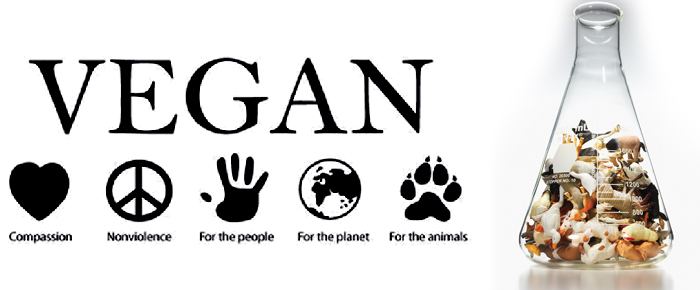
By Haddon Libby
Did you know that 80% of the world’s farmland is used to support the meat and poultry industries? According to Popular Science, a single pound of beef requires 298 square feet of land, 27 pounds of feed and 211 gallons of water. The creation and delivery of all meats consume nearly 50% of all fossil fuel usage.
It should be no surprise then that some of the smartest minds are focused on finding ways to replace milk, egg and meat production with sustainably grown plant proteins.
You have probably noticed the proliferation of milk substitutes in the grocery aisle from an assortment of plants such as soy, rice, almonds and hemp. Cow’s milk is still cheaper in most countries due to subsidies and tax breaks. Expect this to change in future years as the taste, cost and nutritional benefits of alternatives milk products surpass that of animal milks.
Josh Tetrick, CEO of Hampton Creek Foods, is on the verge of setting the chicken egg industry on its beak. His company is working on an egg substitute that is half the price of chicken eggs with all of the nutritional benefits of the egg. His work has attracted investments from some of the world’s smartest and wealthiest including China’s richest man, Li Ka-Shing, Bill Gates, Yahoo’s Jerry Yang and others.
His idea uses plants. His team have examined 3,000 plants and identified eleven that are good for making food. Tetrick says this about his team, “These people know nothing about food. They know about protein structure. They come from a lab (and) analyze the molecular structure.”
Their first product is a mayonnaise substitute called Just Mayo that can be found at Whole Foods Market. Their next product that is nearly ready for launch is Just Scramble, a scrambled egg substitute.
Hampton Creek uses the seeds of an undisclosed crop that is grown and eaten around the world. The seeds are then ground into a powder and mixed with water to create a paste. At this point, this mush is spun in order to separate the proteins from the plant materials. These liquid proteins are rinsed to remove bad tasting impurities before being converted into a liquid protein product that can be cooked in an identical fashion to an egg.
Tetrick, who is a vegan, states that only a small percentage of all eggs come from humanly treated free-range chickens. He points out how most eggs come from chickens raised in “rusty cages” covered in feces. “The model of intensive agriculture is bizarre (and) not appropriate to the 21st century.”
Ethan Brown, CEO of Beyond Meat manufactures a meat substitute from soy and pea proteins. What sets Brown’s mock chicken apart from the competition is that these ‘chicken’ strips have a fibrous structure that looks and tastes like the real thing. Brown believes that factory-farm raised chickens are not treated as animals but as machines that convert vegetables to chicken meat. To create one pound of real chicken breast takes 30 liters of water and 7.5 pounds of dry chicken feed. Beyond Meat ‘chicken’ requires only 2 liters of water and 1.1 pound of ingredients to create a pound.
Beyond Meat and others continue working on these chicken, beef and pork replacements.
As the populations of the world crave higher quality protein as living standards increase, the cost of animal proteins will continue to soar. In order to reduce starvation while providing an ever growing population with the sustenance that it needs and demands, this evolution in agriculture is the only way to avoid widespread starvation.
Not only will more people be fed higher quality food but these advancements will eliminate the cruelty endemic to the factory farming process.








































